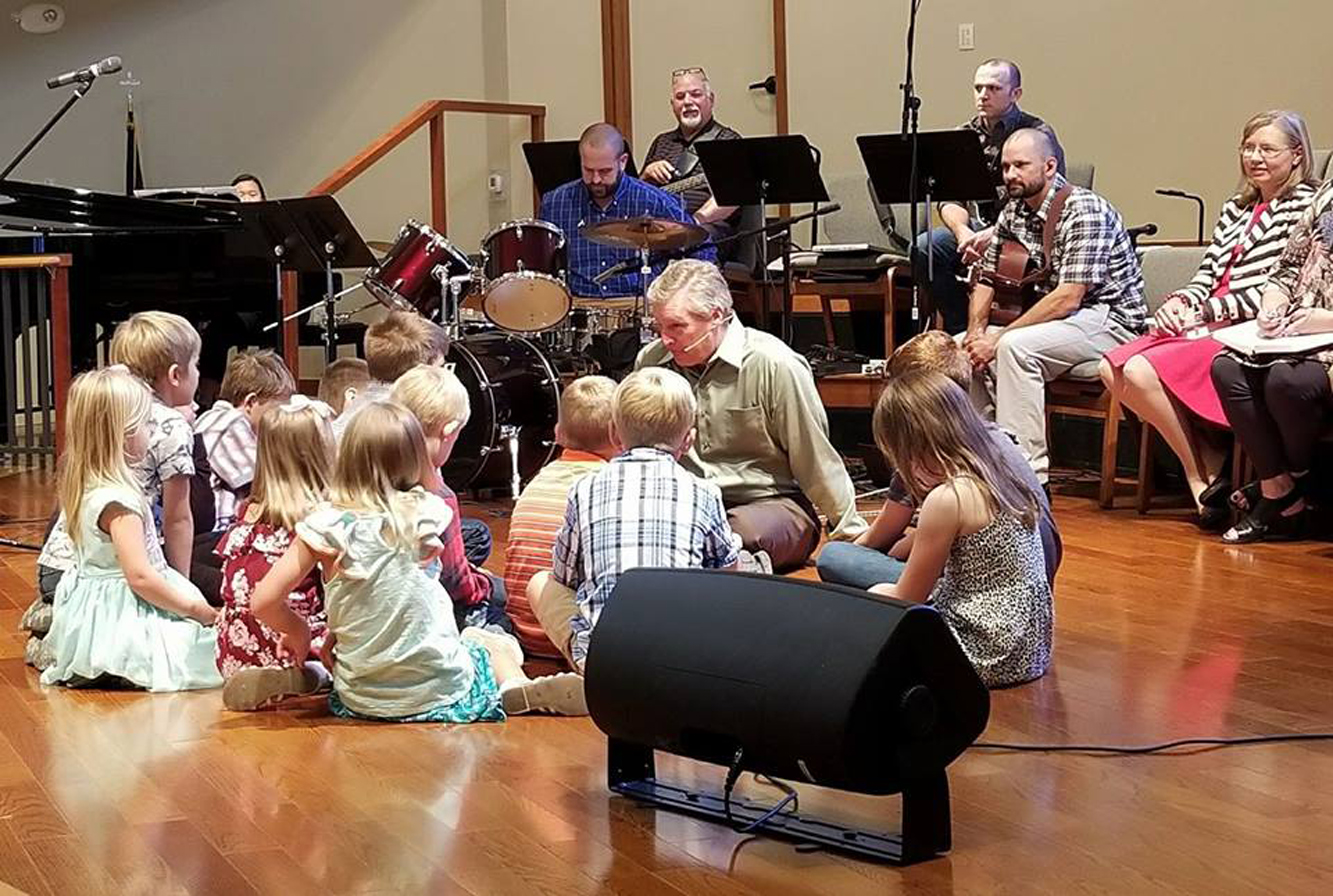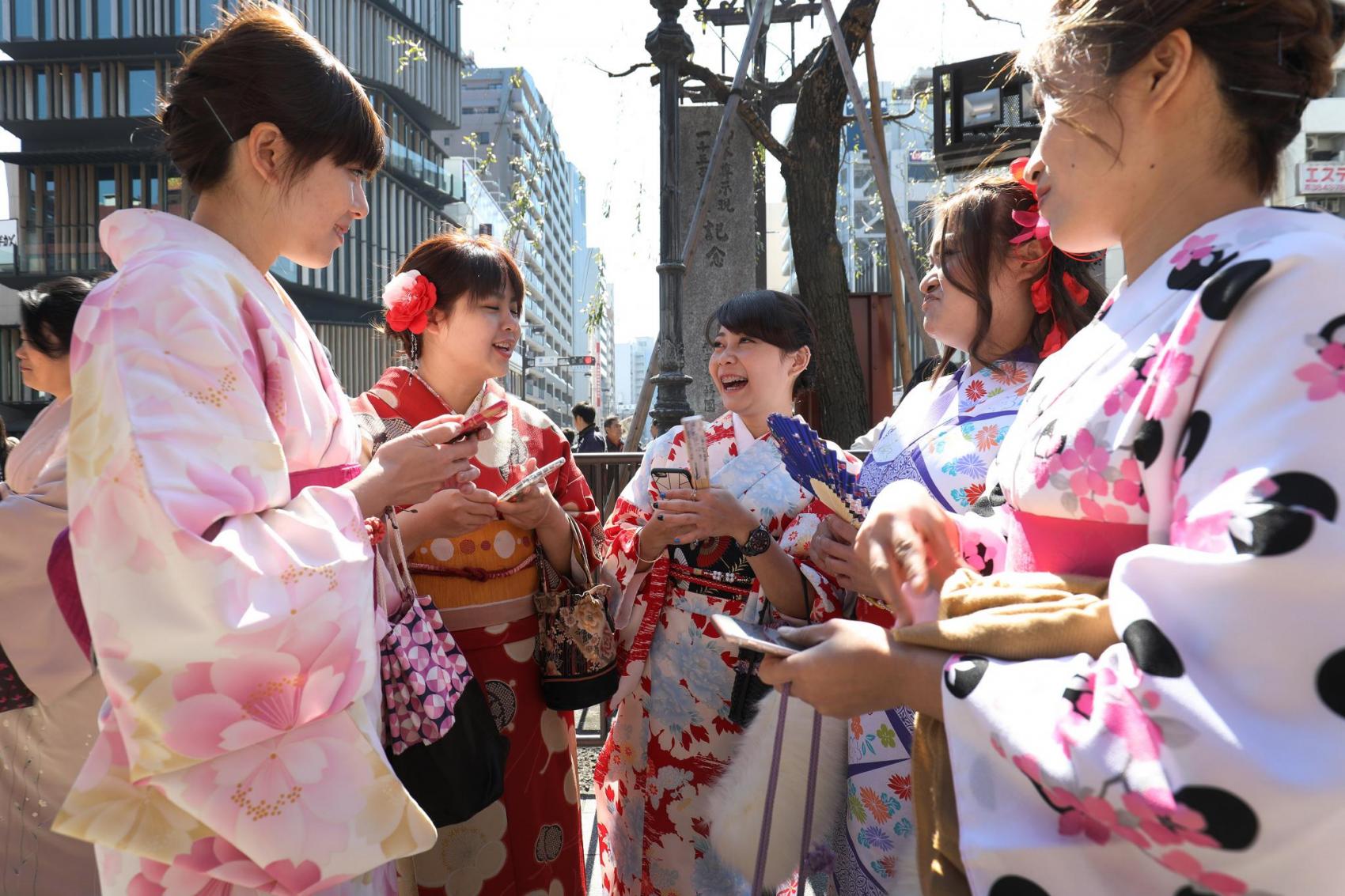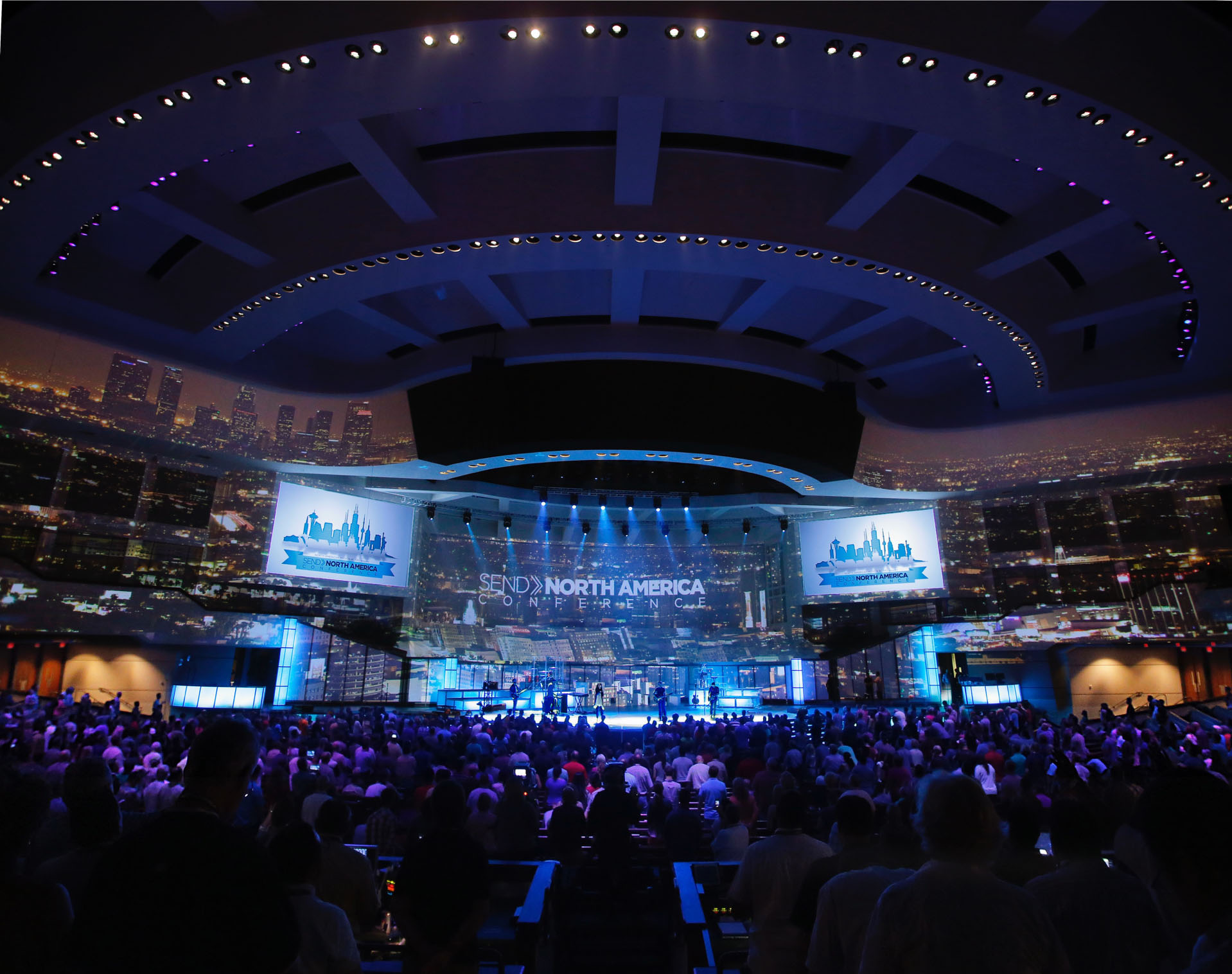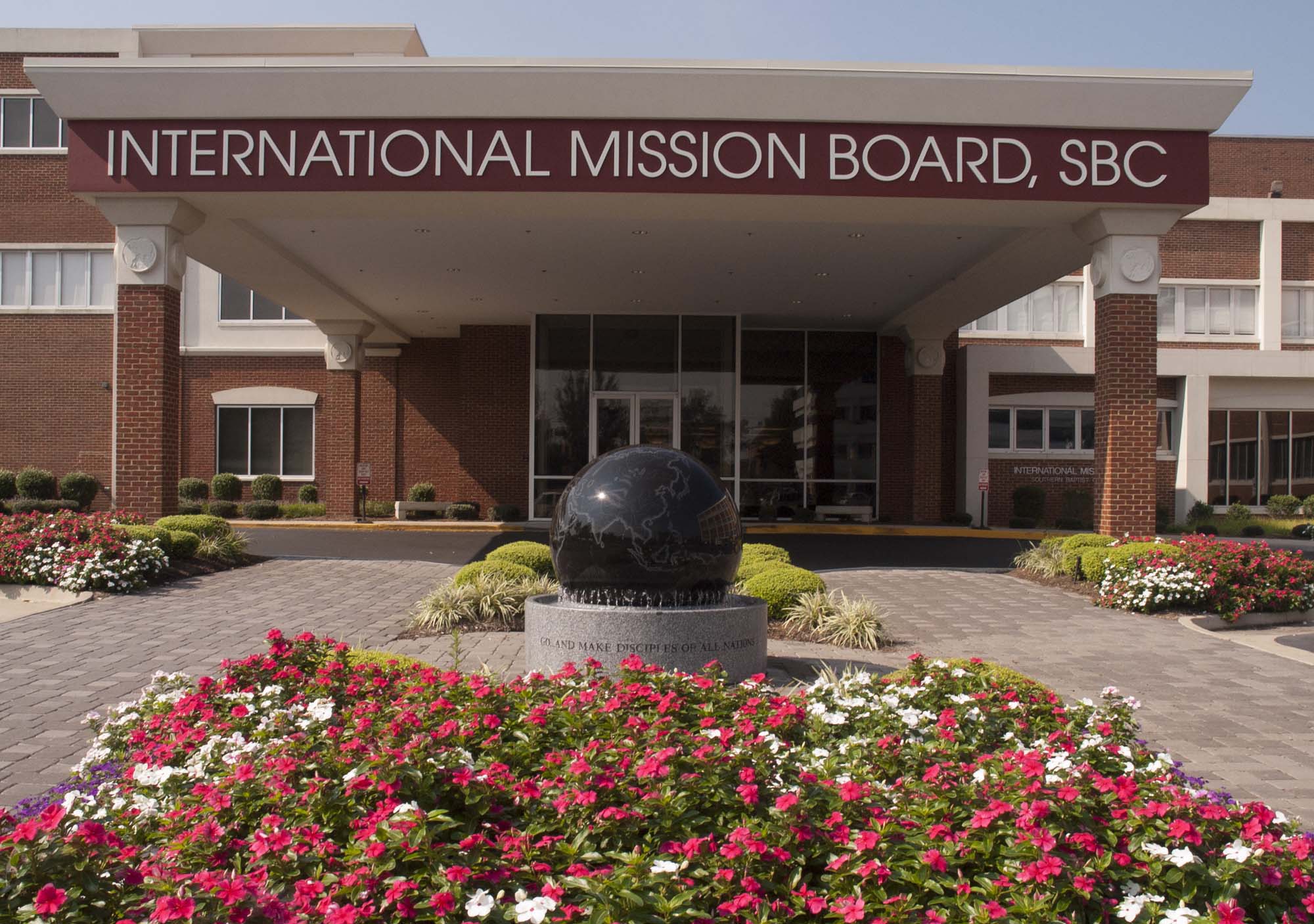
DRIPPING SPRINGS, Texas (BP) — First Baptist Church in Dripping Springs was about 20 miles from Austin when it was founded in 1875 in a community of about 200 people. But Austin’s vast growth has reached Dripping Springs, and the church is positioned to reach the 35,000 living there now.
Dripping Springs’ population is projected to double in the next eight years, pastor Matthew Nance said. To address that growth, First Baptist is working to become a multigenerational congregation with emphases on ministry to Hispanic immigrants and on meeting practical needs in the community.
First Baptist Dripping Springs affiliated with the Southern Baptists of Texas Convention this year, and one of the reasons, Nance told the Southern Baptist TEXAN, is the SBTC’s strong level of cooperation with churches across the nation.
“I am thrilled that the Southern Baptists of Texas Convention, in my understanding, leads the Southern Baptist Convention in the percentage of money that is passed on from the state level to the national level,” Nance, a former Southern Baptist missionary, said.
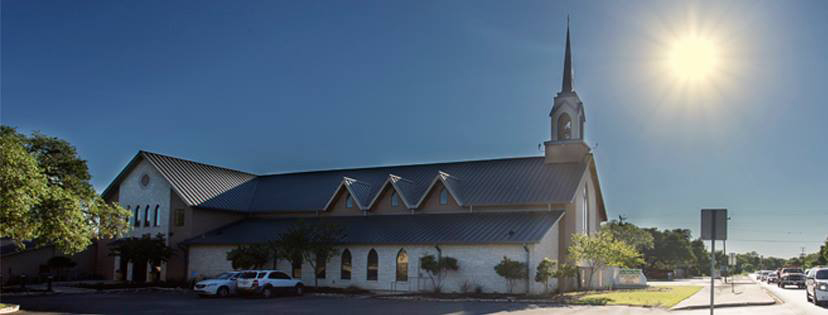 To support that effort, First Baptist Dripping Springs plans to increase its Cooperative Program giving by half a percentage point each budget year until it reaches 10 percent. The church now gives 8 percent of its undesignated receipts through CP.
To support that effort, First Baptist Dripping Springs plans to increase its Cooperative Program giving by half a percentage point each budget year until it reaches 10 percent. The church now gives 8 percent of its undesignated receipts through CP.
Nance was a church planter in Texas from 1981-1990 before serving with the IMB nearly 20 years in East Asia. He then pastored in Georgia and Oklahoma before returning to Texas last year as pastor of First Baptist Dripping Springs.
When Nance was a church planter, there was only one state convention, he noted, and they paid part of his salary each month. “I went to all of their meetings, so I felt a heart connection with them,” he said. In 1999, the IMB asked Nance to represent the mission board at the SBTC annual meeting in addition to the older state convention.
“I went to the Southern Baptists of Texas Convention expecting not to feel comfortable there because I wasn’t a part of that in the past. To my surprise, I heard ‘Cooperative Program,’ ‘Southern Baptist missions.’ … All of the things that I felt convicted about were being represented,” Nance said.
When Nance arrived in Dripping Springs, the church was still recovering from losing its building to a fire 10 years ago. The congregation almost disbanded back then, he said, after most of the people left for other churches.
“There were about 40 people that stuck with it in a local gym, and they rebuilt the church building, and it’s a beautiful facility that’s paid for,” Nance said. “We have an average worship attendance of 170. We’re growing.”
First Baptist Dripping Springs has many young families with elementary-age children as well as many senior adults, he said, “so our current challenge is to become truly multigenerational.” They’ve started a new ministry for people ages 45-60 and have about four new families in that group. Next they’re launching something for 18- to 30-year-olds, he said.
Meanwhile, ministry to Hispanics is flourishing.
“The Hispanics who are in town are primarily very new to the United States, so even the children don’t have much English,” Nance said. “So in addition to the Hispanic worship service, we have English as a Second Language classes for the children and the adults.”
The church also has Mission Drippin’, through which the congregation addresses practical needs in the community such as building wheelchair ramps or sprucing up the trails at a local equestrian therapy center for children.
“We do have a lot of retired people who are very active. They love to have things to do,” Nance said. “Most mornings when I show up at the church office at 8:30, there’s already a group there saying, ‘Pastor, what are we going to do today?’ Today what they’re doing is: we bought a new shuttle van for our youth program, and it didn’t have a place to park, so they’re building a carport for the shuttle.”
Something else Nance said he appreciates about the SBTC is its focus on reaching the major cities in the state (sbtexas.com/reachcities) such as Austin. “I’m familiar with Reach Austin and hope to be a part of that in some way,” he said of the SBTC initiative in church planting, church revitalization and mission team opportunities.
